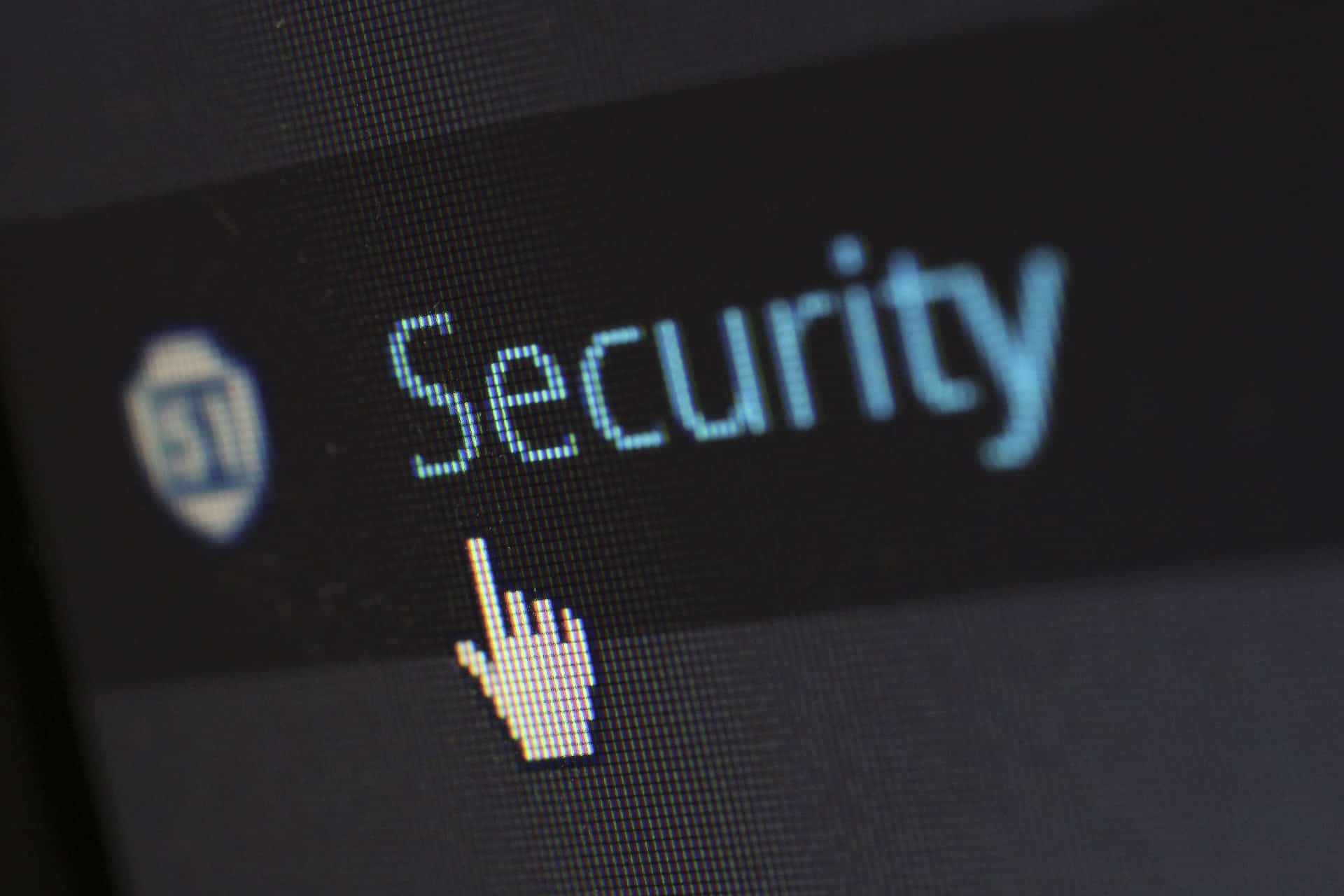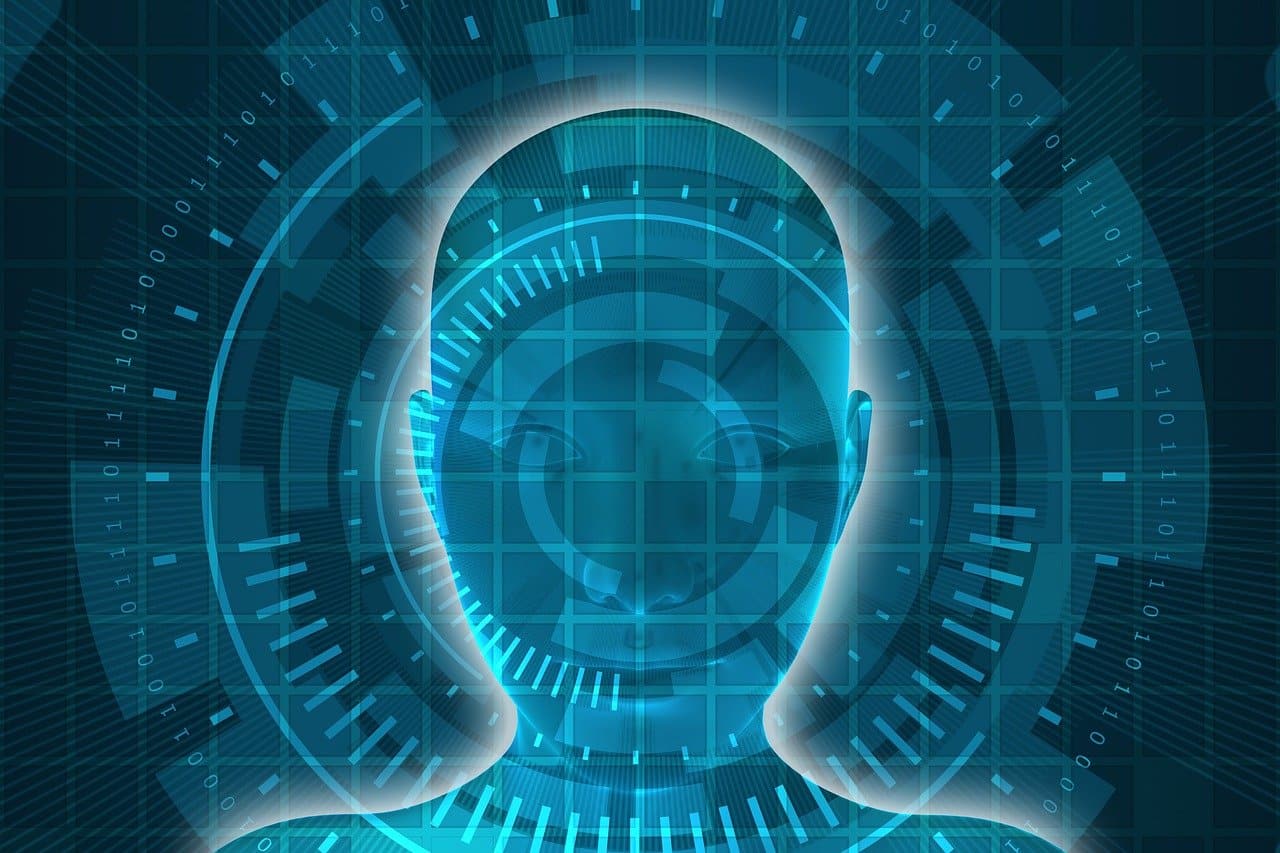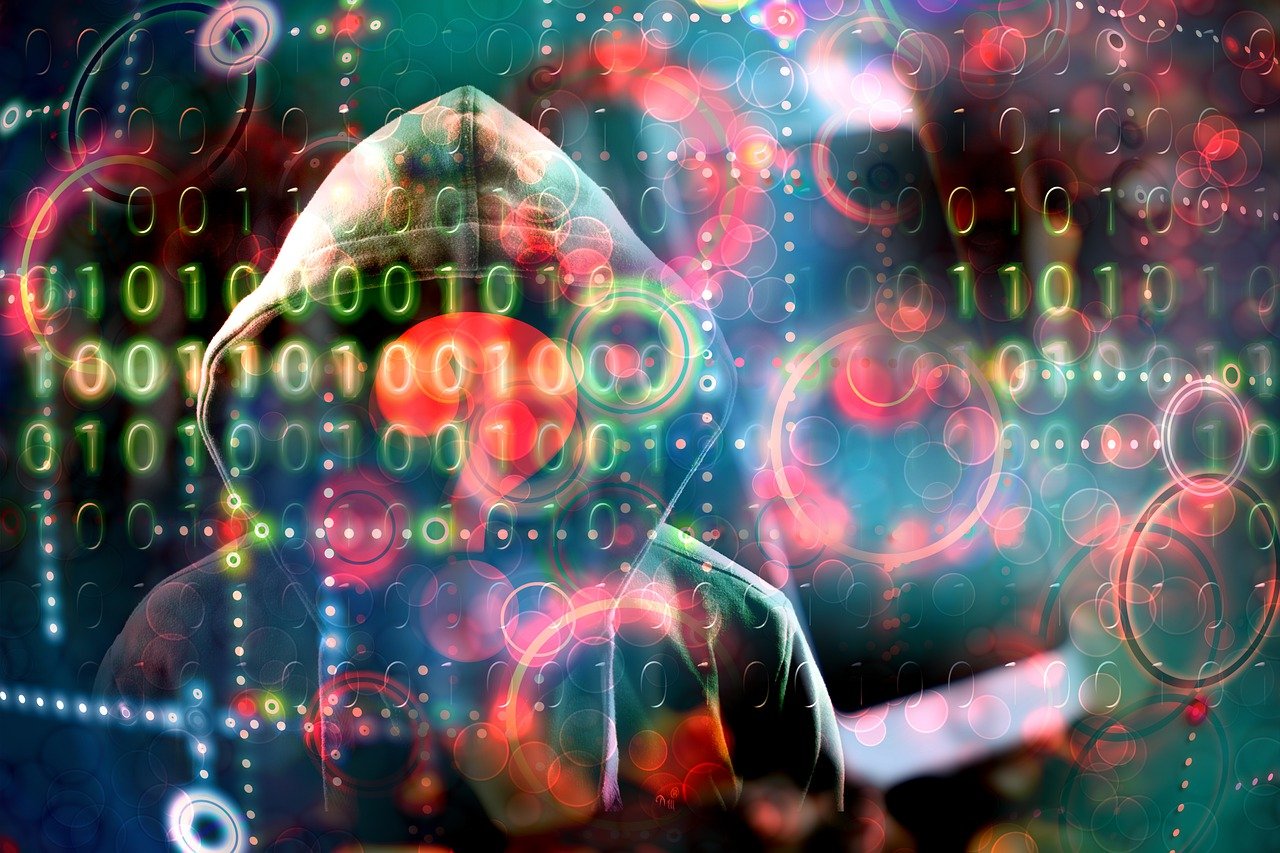
Safer internet day
The world cyber security day is called Safer Internet Day: now in its twentieth edition and celebrated this year on February 7 with the title Together for a better internet, the day for online security aims to raise public awareness on issues related to online activities, such as cyberbullying and online violence, privacy, digital identity, social networks and gaming.
This anniversary was born in 2004 as an initiative of the SafeBorders project of the European Union, taken up and then developed by Insafe, the European network of online safety centers (SIC – Safer Internet Centers). These centers run educational and awareness campaigns, working especially with young people, run helplines and hotlines to report illegal online material.
Expanding beyond its initial geographic network, Safer Internet Day is now celebrated in over 180 countries around the world.
In Italy, the initiative was promoted with an event for schools, organized by the Directorate General for Students, Inclusion and School Orientation, which has been coordinating the Italian SID “Generazioni Connesse” since 2012. The event, available online on the MIM YouTube channel was also attended by the Minister of Education and Merit, Giuseppe Valditara.
The reflections revolve around the opportunities offered by the Internet and the related risks, precisely with the same protagonists of the school community. It is precisely children and adolescents who are most at risk in their daily online activities: in May 2022, the European Commission approved and adopted Better internet for Kids (BIK+). The project aims to make the Internet a safe place for everyone, teaching children how to be more responsible online and kinder and more respectful with others and emphasizing the fundamental role that parents, teachers and institutions must play.
Minors are exposed to a very high number of dangers when they surf the Internet, especially when using social networks and online games. From virtual soliciting, to the possession and dissemination of illegal material, from cyberbullying to revenge porn and online challenges.
The results of the survey Between digital and cyber risk: risks and opportunities of the web, carried out by Moige in collaboration with the Piepoli Institute and presented at Palazzo Giustiniani in Rome on February 2, underline the importance of this issue and the need to maintain it live at the center of the debate. The survey was carried out by interviewing 1,316 minors aged between 6 and 18 on the relationship between children and young people and the world of the web.
Just to list some data:
– the phenomena of bullying and cyberbullying have increased by 10 points compared to 2020 (54% of minors have been subjected to bullying, compared to 44% in 2020): in particular, 31% of minors have been victims of cyberbullying at least once time (jokes or silent phone calls, insults via instant messages, SMS or photos and videos, threats).
– The most used social networks are YouTube, Instagram and Tik Tok. The Internet is mainly used for chatting and staying even one day without being able to access it makes them feel “very” or “quite” angry. 3% have suffered phishing, 13% declare that they have noticed it in time: among the victims, 2 out of 3 have not reported due to shame, fear of their parents or fear of being taken for a ride.
– For 17% of minors, the Internet is the only source of information.
– A chapter of the report is dedicated to Onlyfans, access to which is forbidden to minors under the age of 18. However, it does not seem to be a particularly binding stake: 3% of those interviewed admit to having a personal account and 1% have shared materials online.








